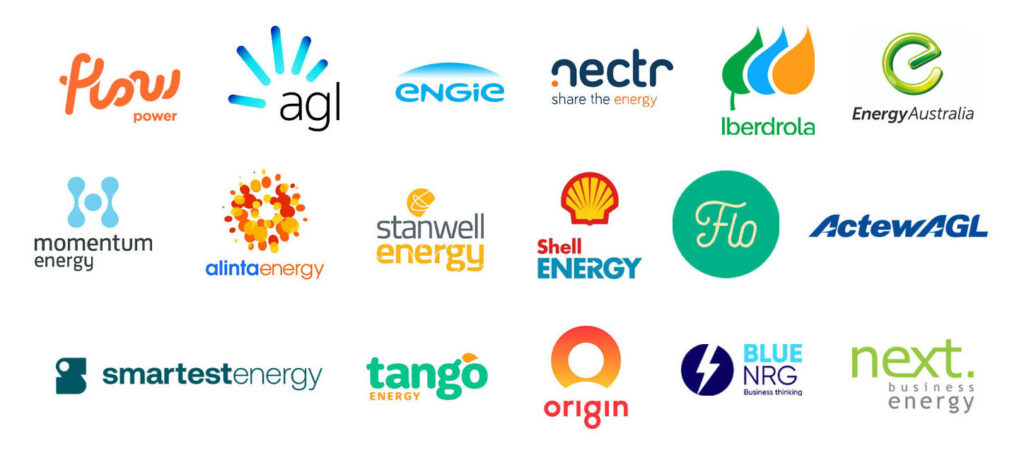The energy market is a complex industry and the problems customers have with energy retailers can be avoided if they pick the right one.
Businesses should always consider offers very carefully when purchasing energy or entering into a contract.
But it’s not that simple, right?
What are the top problems customers have with energy retailers?
Energy contracts are complicated and they really do need to be scrutinised critically, but not everyone has the knowledge or experience to know what to look for.
If you do not check the fine print, you could end up in a situation where you need to resolve issues such as premise changes, or renewals (novations) that were not checked in the T&Cs.
Inevitably, you will need to get in touch with your energy company, and the inquiry process to resolve such issues can be stressful and is lengthy to bring to resolution.
Whether trying to negotiate a late payment, move premises, contest a bill or even extend their contract, the top problems customers have with their energy retailers are related to customer service.
On the other hand, if they engage an energy broker to scrutinise the T&Cs this alleviates the need to resort to customer service.
This is where Leading Edge Energy can help. We can help you pick the right energy contract out of tender offers made on the wholesale energy market.
Here’s our guide to picking the right retailer
As experienced energy brokers, we deal with energy retailers on a daily basis.
Our robust relationships with them have helped us develop a deep understanding of what works for some clients, and what works best for others.
We always look at all factors which come into play and compare the trade-offs that a business may have to make in order to get the best overall deal.
Leading Edge Energy always places focus on pairing businesses up with retailers that are customer-centric.
Payment terms
The first thing we look at, at Leading Edge Energy is payment terms.
We look at all the small print which might highlight issues such as late payment fees, payment charges, under or overconsumption, and more.
Disadvantageous payment terms are the most common hurdle that most businesses end up having to overcome.
Card payments
Different retailers offer different card payment terms.
Some retailers may reward Visa over Mastercard or American Express or vice versa, your preferred card may incur extra payments.
In some retail offers, your preferred payment card may not even be accepted.
This can cause stress and hassle if you need to apply for a new card that is accepted by the retailer.
Load Flexibility
Load flexibility is the tolerance a retailer has towards a customer that fails to consume or exceed the contracted volume of electricity for a given year of the electricity contract.
For example, a business may go into a power purchase agreement with their retailer to use 1,000MWh/year, with 20% load flexibility, which means they can consume anywhere between 800 to 1,200MWh/year without incurring penalties.
Anywhere above or beyond that, however, the customer will have to pay some fees.
Roll-In/Roll-Out
Some retailers will allow you to roll in/ roll out sites while under contract, while other retailers do not have that option. The disadvantage of not having a roll-in option is that if market prices increase dramatically a new site will need to contract at higher market rates.
A client can request that one or more additional premises be added to a contract (roll-in sites).
A client can request that one or more premises be removed from a contract (roll-out sites).
Change can be frequent and fast for small & large multi-site businesses.
This is why it’s important to request flexible terms in all small & large multi-site business electricity solutions, such as our ‘roll in and out’ allowance that allows you to simply add or remove sites from your energy contract.
At leading Edge Energy, we also ensure that your sites are transferred quickly and efficiently to stay up with your modifications.
Contract novation
When a business is bought or sold as a going concern, it is usually bought tale quale, meaning in the state that it is currently in.
This includes the current energy contract.
Does the energy company recognise that contracts may be transferred to third parties (novation) in the event of the business being sold ?
Solar Feed-In Tariff
Different energy retailers offer different solar feed-in tariffs to businesses that have installed rooftop solar.
If your business site has a rooftop solar installation, the feed-in tariffs should be scrutinised to ensure that you are getting the best deal to export any excess solar energy you may generate.
Do you need help picking the right energy retailer for your business?
Leading Edge Energy has long-standing and robust relationships with all the major energy retailers in Australia. This means we can access the best rates and deliver tangible energy cost savings for our clients.
We’re here to help. Fill out our form, drop us an email at info@leadingedgeenergy.com.au or call us on 1300-852-770 for an obligation-free consultation and let’s talk about finding the right energy consumption category for your business.
Let’s chat about how we can help you manage energy price risk and save money for your business.
We source, analyse, compare and rank commercial, industrial and multisite energy quotes. Obligation Free.
Chat with one of our experienced consultants today and get the insights your business needs to help manage the risks associated with volatile electricity and natural gas markets. Our energy procurement service is obligation-free and provides a time-saving way of securing lower energy rates from our panel of energy retailers.














